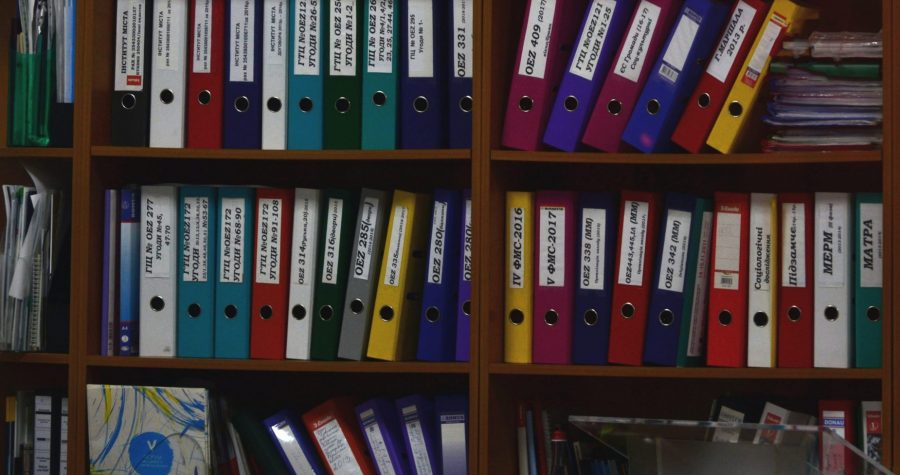Common Import / Export Documents

Start your day with Continental breakfast, Moroccan Couscous for the Lunch Hour, and finish off with a Chinese take-away for Dinner. Everyone fancies a versatile food-day. In today’s global world, people want to relish food items from all around the world. They like to share their mealtimes on Social Media, create small digital stories with the different types of gourmet from a diverse variety of countries. Food Industry has given meaning to the term GLOCAL in the real sense by exporting/importing the Local foods on a Universal scale. People want to eat their Olives from California, Mangoes from Pakistan, Pasta from Italy, Spices from India, and the list goes on. The industry that serves the international edible needs requires documentation. We have jotted down a listing for your comfort so that you can check the list when you are exporting your items or importing those.
Table of Contents
These papers are of following natures:
Lading Bill
is a paper requirement of the Government, which is a signed contract between carrier and seller. It is to emphasize the Cargo procedures, which include goods type, destination, origin, and it serves as a receipt. The shipping company compiles this document with the help of Exporter. It also comes with waybills of airways or
Commercial Invoice
is another obligation, produced by the Exporter to interpret the complete transaction from start to end. It includes essential information for each party involved in the process. These parties are banks, brokers, customs, shippers, and importer.
The Export Packing List
that allows authorities to know precisely what is in the container you are sending. It contains a piece of detailed information about which product is being exported, the quantity, the packaging… It is a mandatory document when shipping your product as it permits to customs, insurance and other partners to clearly evaluate the value of the transported goods and protects you as well when goods are missing at arrival or from any other inconvenient that might cause losing products before it gets to your client.
Certificates of Origin
, Manufacturer, and Inspections come in Food items are perishable; this credential ensures Quality and Quantity. Traders need to declare the origin as many countries have restrictions in place, and the importing authorities need to verify the source. Production certification requires a notarized paper depicting the Manufacturer’s details to make sure the product is ready for shipment.
The Health Certificate
is a document delivered by the competent authorities. It officially certifies the quality of the product. It is a crucial document, as countries do not have the same standards when it comes to quality, origin and ways the products have been manipulated. Indeed, before entering a country, the authorities need to make sure that your product is allowed in it and won’t breach the norms.
Insurance
papers are generally the insurance policy for the goods on-board. One needs to buy Insurance to prevent any significant losses or to take care of the liability. It needs to list down the specifications of the product, the extent of coverage, and proof of Insurance to satisfy buyers or the host country. The Exporter could produce this with the help of a broker, or the Insurance Company can issue the report to provide security of the goods in
Commercial Demand Note
or the Invoice is the reflection of the Sales Contract, which shows the agreement between both parties. The details contain Payment Conditions, Goods Sold, and the Trade Terms. The importer will use it for Customs’ clearance, and the document provides a legal binding for the Exporter. It is best to consult your legal advisor beforehand to work on this vital
Quotation. of Terms is the detail of delivery, payment, import, export, quality, quantity, and price of the products shipped. The seller is to cultivate a Quotation before actually starting the process, and it is roughly the first step of the trade
Letter of Credit
is a Bank’s guarantee to the Exporter to pay the decided amount and to emphasize on the satisfactory completion of essential documentation. This financial document secures both parties involved in the
If you have closed a sale/purchase successfully and are getting the documents ready for the process, the list mentioned above will sort you out. Some countries might require other documents.


